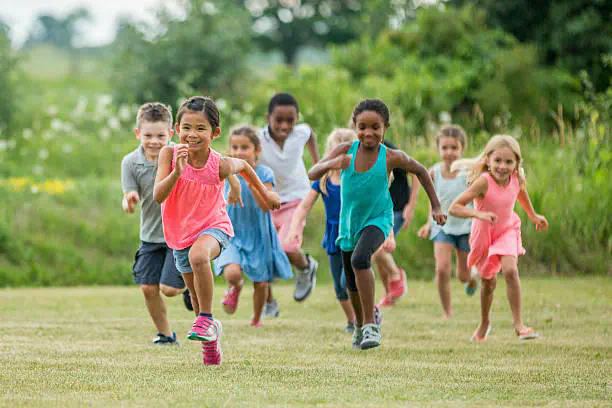Active play network influences on physical activity among children living in south Texas colonias

Abstract
Physical activity (PA) is beneficial for child health; however, few children meet PA guidelines. Social relationships impact child PA behaviors; however, little is known about this effect in Mexican-heritage populations. This study aims to understand associations between self-reported play networks and PA among Mexican-heritage children. Mexican-heritage children from colonias along the Texas-Mexico border (n = 44; 54.5% girls; mean age = 9.89 years, SD = 0.97) reported information on up to 5 people they played with most often. Linear regression was used to analyze the relationship between composition of children’s social network and minutes of moderate- to vigorous-intensity PA (MVPA) and sedentary minutes per day measured by accelerometers. Children who reported a higher percentage of friends as opposed to family members attained significantly more minutes of MVPA per day (β = .27, P = .04). Children who reported playing with individuals in their network more often (β =.28, P = .03) were sedentary for fewer minutes per day. Increasing the connections between children in the neighborhood or community, as well as increasing a child’s frequency of active play, may be promising approaches to increasing MVPA and decreasing sedentary behaviors among Mexican-heritage children.